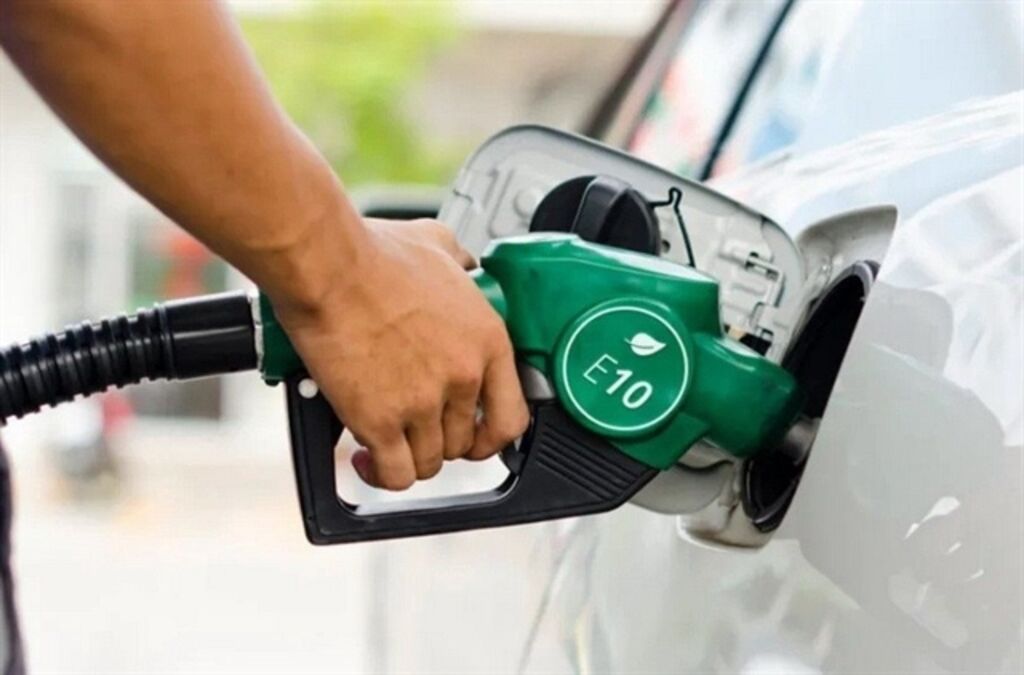 |
| For biofuel products, the uncredited excise tax on mineral gasoline used as raw material may be offset against tax obligations arising from other goods and services within the same period__Photo: Internet |
Clear provisions on tax refund cases
In an explanatory report on the draft decree detailing the implementation of several articles of the Law on Excise Tax, the Ministry of Finance noted that the current law allows taxpayers to request refunds in cases such as importing materials for export production or processing; finalizing taxes upon dissolution or bankruptcy when there remains uncredited tax; or in accordance with international commitments to which Vietnam is a party. The Law also permits refunds in cases of merger, consolidation, division, separation, transformation of enterprises, or termination of operations with overpaid tax amounts, or as decided by competent authorities.
These provisions were previously guided under Government Decree 108/2015/ND-CP and Decree 14/2019/ND-CP. The new draft decree maintains these stable regulations while adding more detailed guidance to align with the Law on Tax Administration.
Specifically, the draft stipulates that for materials imported for use in producing or processing export goods, enterprises would be refunded the corresponding amount of excise tax already paid on the actual quantity of materials used for goods exported abroad. The dossiers, procedures, and authorities for handling refunds would follow the rules on import tax refunds under the law on import and export duties.
In cases of dissolution, bankruptcy, or transformation of cooperative groups into cooperatives, overpaid or uncredited excise tax amounts would also be considered for refund or inheritance in accordance with the law. Meanwhile, refunds under treaties would be implemented in line with Vietnam’s commitments.
Detailed provisions on tax deduction cases
Alongside refund procedures, the draft decree also provides specific regulations on excise tax deduction, based on the current Law on Excise Tax and its guiding documents.
Accordingly, taxpayers producing goods subject to excise tax using materials that have already been taxed would be entitled to deduct the paid tax amount when determining excise tax payable at the production stage. This provision also applies to imported materials or materials purchased directly from domestic producers, provided that all sale and purchase invoices are duly available.
For biofuel products, the draft stipulates that the uncredited excise tax on mineral gasoline used as raw material may be offset against tax obligations arising from other goods and services within the same period. If, after offsetting, an uncredited balance remains, it may be carried forward to the following period or refunded. The funding source for such refunds would come from the central government’s excise tax revenues from imported goods.
For imported goods subject to excise tax, enterprises may deduct the excise tax already paid at the import stage when selling those goods on the domestic market, with the maximum deduction equal to the tax amount calculated at the sale stage. If the tax paid upon import exceeds the payable tax at sale, the difference would be treated as a deductible expense for corporate income tax purposes.
The draft also clearly specifies the types of documents serving as the basis for excise tax deduction. For imported materials, the required document is the excise tax payment receipt at the import stage. In cases of direct purchase from domestic producers, the dossier must include a purchase contract indicating the origin of goods, a copy of the seller’s business registration certificate, non-cash payment documents as prescribed in Decree 181/2025/ND-CP, and a value-added tax invoice.
According to many experts, the issuance of this new decree aims to concretize the provisions of the Law on Excise Tax and the Law on Tax Administration, while ensuring consistency across the tax law system. Detailed regulations on tax refund and deduction not only clarify taxpayers’ rights and obligations but also help businesses reduce obstacles in production and trade, particularly in import-export activities and in the manufacturing of specific goods such as biofuels.- (VLLF)









